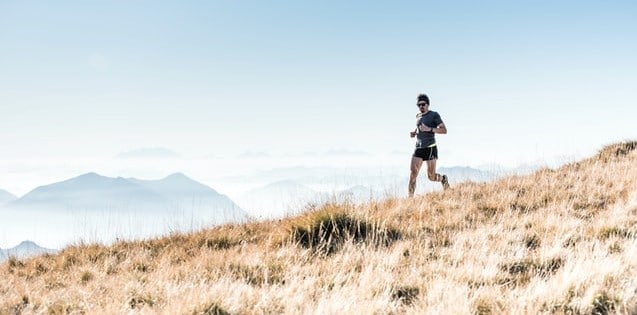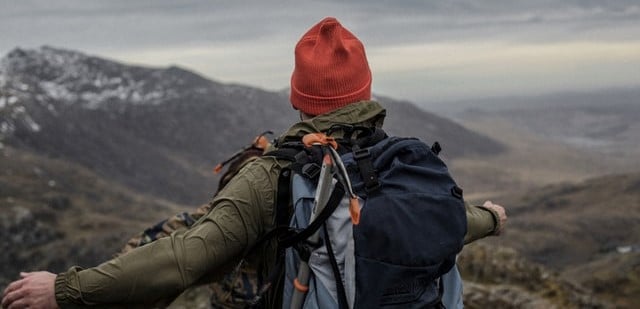Jean Corneloup is a teacher-researcher specialised in the analysis of recreational activities in nature. For several years, he has been trying to explain, sociologically, outdoor sports practices. In this context, his latest work was realised on January 20th by the Presses Universitaires de Rouen et du Havre (PURH). Through La transition récréative. Une utopie transmoderne, the author returns to the role that outdoor activities can play in a contemporary society prey to the fear of collapse…
Analysing outdoor sports practices: a definite interest
Jean Corneloup believes that the relationships that individuals, institutions and service providers have with the spaces in which they practice, leisure activities and nature tourism are indicative of the dominant values and forms of organisation specific to a society. In his latest book, he sets out to analyse them in detail.
After a brief historical review of the birth and evolution of cultural forms of sports and nature-based leisure activities – with particular emphasis on the profound cultural transformation of free time and sports activities between the 1960s and 2000 – he highlights the gradual emergence of a sense of collapse in our contemporary societies.
The “median transition” or the development of outdoor activities in response to the fear of collapse
Partly linked to the ecological crisis, this feeling is pushing individuals and institutions to move towards new development trajectories at all levels. And sports and leisure activities are no exception! As an integral part of our lifestyles and consumption patterns, these are being modified, helping to set society on a new, safer and more positive path.
The author shows that, since the 2000s, a craze for outdoor activities has been developing: the increase in the desire for naturalness and the deployment of “slow” practices has led us to consider them as real cultural forces, capable of confronting the fear of collapse. Describing this dynamic as a “median transition”, Jean Corneloup considers that outdoor sports and leisure activities could represent a real tool for building a recreational and salvific community, both in terms of health, social and environmental issues.

Research echoing the actions of ENOS and its members
Many examples, including ENOS and its members, could then illustrate these remarks. In fact, this European network is particularly enlightening for the growing development of collectives or organizations whose aim is to protect the environment and improve individual well-being through the practice of outdoor sports.
The Euro’Meet 2022 will be fully dedicated to this theme. Entitled “Developing green sport for a greener and healthier Europe”, they will be an opportunity to highlight, once again, the health, social and environmental benefits of nature activities… and to suggest that their development, in the best possible way, can only encourage our contemporary societies to engage in a greener, sustainable, inclusive and responsible future.

